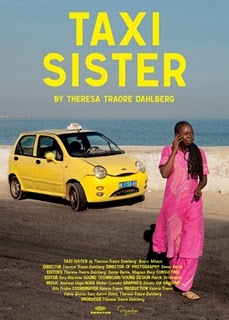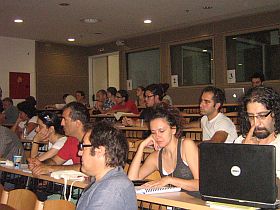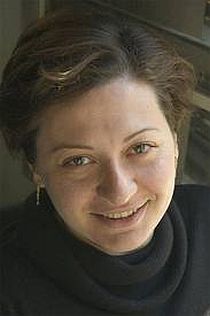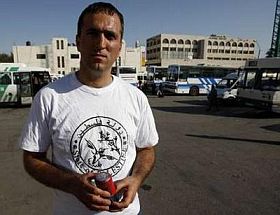


Viktor Kossakovsky: Vivan las Antipodas!

Breaking news in the world of documentary films. The long awaited world premiere of Victor Kossakovsky’s Vivan la Antipodas! will take place at the 68th Venice Film Festival. The organisers announced friday that the film will be the second opening film on August 31 – George Clooney is the director of the first…
Hollywood Reporter writes that ”the documentary, which explores the notion of Antipodes – the relatively rare instances in which a land mass is directly opposite the world from another landmass – was conceived when Kossakovsky discovered that directly opposite a lonely Argentinean fisherman he came across while traveling, was the bustling Chinese city of Shanghai. Kossakovsky, who started work on the film years ago, called it “a poem about a multi-polar world.” Kossakovsky juxtaposes the events happing on opposite sides of the globe: Argentina and China, Chile and Russia, Hawaii and Botswana, and New Zealand and Spain.
Producer and distributor of the film, Heino Deckert, puts it in this way on his site: With this film Victor Kossakovsky grants himself a childhood wish. Haven’t we all asked ourselves as children where we would come out if we dug a tunnel right through the centre of the earth? Haven’t we all wondered at some point what was happening just at this moment beneath our very feet at the other side of the planet? In this film those reveries turn into reality. In breathtaking images and a stunning montage we go on a trip to the world’s rare inhabited land-to-land antipodes. We discover the wonders and contradictions of nature and people around the globe. With unprecedented camera movements and exhilarating new perspectives our conventional view of the world is challenged. On the evocative title follows a revolutionary film, that gives three cheers to our planet and its people in all their antagonisms and commonalities: Vivan las Antipodas!
http://www.hollywoodreporter.com/news/victor-kossakovsky-s-vivan-la-214475
http://deckert-distribution.com/film-catalogue/vivan-las-antipodas/








